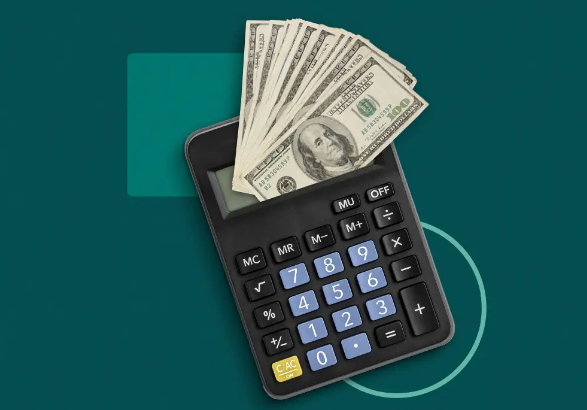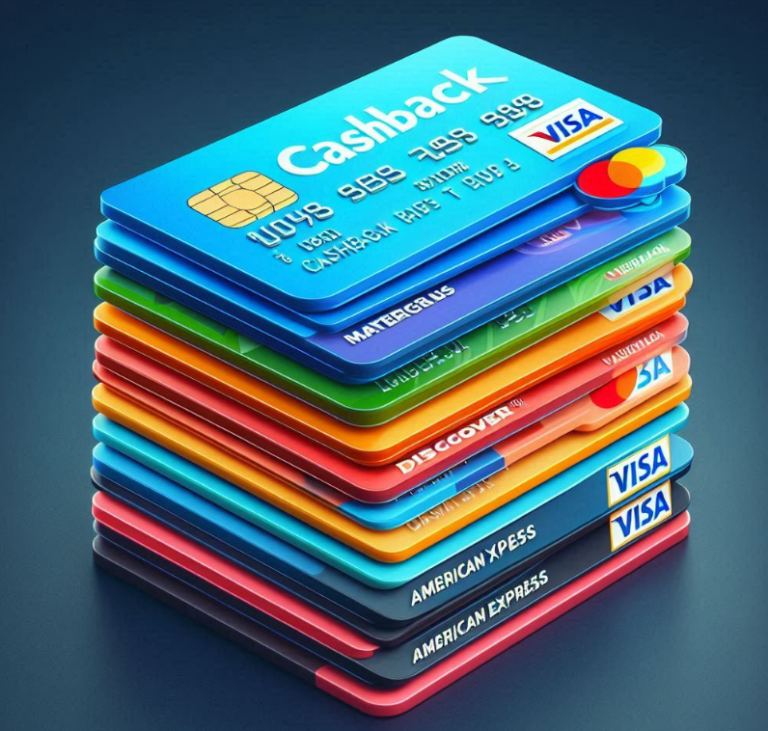The Pros and Cons of Payday Loans
Payday loans are a popular financial product that can provide quick cash for individuals facing unexpected expenses. However, they come with both advantages and disadvantages that potential borrowers should carefully consider. In this article, we will explore the pros and cons of payday loans, helping you make an informed decision about whether they are the right option for your financial situation.
What Are Payday Loans?
Payday loans are short-term, high-interest loans typically due on your next payday. They are designed to cover urgent expenses, such as medical bills, car repairs, or other unforeseen costs. Borrowers usually write a post-dated check or authorize a withdrawal from their bank account to repay the loan, often with a fee that can be quite steep.
How Do Payday Loans Work?
-
Application Process: The application for a payday loan is usually straightforward and can often be completed online or in-store. Borrowers need to provide personal information, proof of income, and a bank account number.
-
Loan Amounts and Fees: Payday loans typically range from $100 to $1,000, depending on the lender and the borrower’s income. Fees can vary significantly, often ranging from $15 to $30 for every $100 borrowed.
-
Repayment Terms: Most payday loans are due within two to four weeks, aligning with the borrower’s payday. Failure to repay the loan on time can lead to additional fees and a cycle of debt.
The Pros of Payday Loans
1. Quick Access to Cash
One of the main advantages of payday loans is the speed at which you can access funds. Many lenders approve applications within minutes, and borrowers can receive cash on the same day. This is particularly beneficial for individuals facing emergencies who need immediate financial assistance.
2. Minimal Requirements
Payday loans typically have fewer requirements compared to traditional loans. Most lenders do not require a credit check, making it easier for individuals with poor credit histories to qualify. This accessibility can be a lifeline for those in urgent need of funds.
3. Convenience
The application process for payday loans is often simple and convenient. Many lenders offer online applications, allowing borrowers to apply from the comfort of their homes. Additionally, some lenders have physical locations for those who prefer in-person interactions.
4. No Long-Term Commitment
Since payday loans are short-term, borrowers do not have to commit to long repayment periods. This can be appealing for individuals who need a temporary financial solution without the burden of a long-term debt obligation.
5. Flexibility in Use
Payday loans can be used for a variety of purposes, from covering medical emergencies to paying bills or making car repairs. This flexibility allows borrowers to address their most pressing financial needs without restrictions.
The Cons of Payday Loans

1. High-Interest Rates
One of the most significant drawbacks of payday loans is their high-interest rates. The annual percentage rates (APRs) can exceed 400%, making these loans one of the most expensive forms of credit available. Borrowers who fail to repay on time may find themselves trapped in a cycle of debt due to escalating fees.
2. Short Repayment Terms
The short repayment terms can be challenging for many borrowers. If an individual cannot repay the loan by the due date, they may be forced to take out another payday loan to cover the original debt, leading to a cycle of borrowing that can be difficult to escape.
3. Potential for Debt Traps
The ease of obtaining payday loans can lead to repeated borrowing, creating a “debt trap.” Borrowers may find themselves taking out multiple loans to cover previous debts, resulting in overwhelming financial stress and potential bankruptcy.
4. Impact on Credit Score
While payday lenders typically do not perform credit checks, failing to repay a payday loan can lead to collections and negatively impact your credit score. This can make it harder to obtain future credit and result in long-term financial consequences.
5. Limited Regulation
Payday lending is often subject to limited regulation, varying significantly by state or country. This lack of oversight can lead to predatory lending practices, where borrowers are charged exorbitant fees and interest rates that are not clearly disclosed.
Alternatives to Payday Loans

Before considering a payday loan, it’s essential to explore alternative options that may provide financial relief without the high costs associated with payday lending.
1. Personal Loans
Personal loans from banks or credit unions often have lower interest rates and more favorable repayment terms compared to payday loans. These loans can be used for various purposes and typically require a credit check.
2. Credit Cards
Using a credit card for emergency expenses can be a more affordable option, especially if you can pay off the balance quickly. Many credit cards offer introductory 0% APR periods, allowing you to borrow without incurring interest.
3. Borrowing from Friends or Family
If possible, consider borrowing money from friends or family. While this option may come with its own set of challenges, it can often be a more affordable way to obtain funds without the high costs associated with payday loans.
4. Payment Plans
Some service providers, such as medical offices or utility companies, may offer payment plans for large bills. This can allow you to spread the cost over time without incurring high-interest fees.
5. Community Assistance Programs
Many communities have organizations that offer financial assistance to individuals in need. Research local nonprofits or government programs that may provide support for emergency expenses.
Payday loans can be a quick solution for urgent financial needs, but they come with significant risks. Understanding the pros and cons of payday loans is crucial for making an informed decision. If you find yourself in a financial emergency, consider all your options, including alternatives that may provide a more sustainable solution. Always read the terms and conditions carefully, and ensure you fully understand the implications of borrowing before proceeding.
By weighing the benefits against the potential pitfalls, you can better navigate your financial choices and avoid falling into a cycle of debt.






